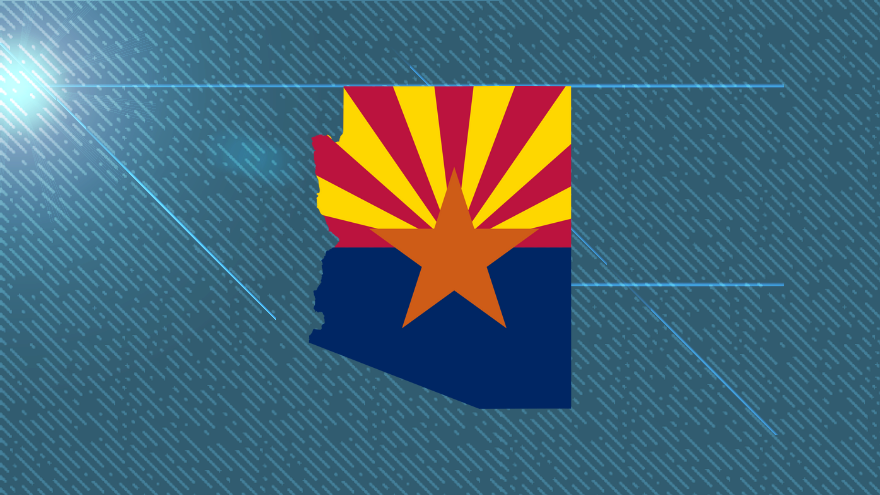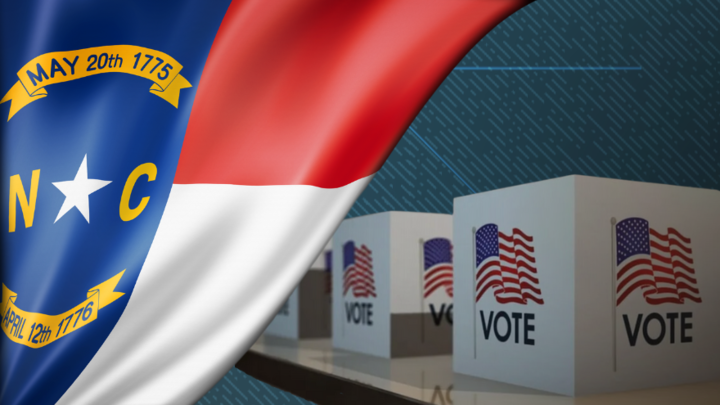The United States Supreme Court ruled Arizona can require proof of citizenship for voters, but it cannot prevent voters from voting by mail or casting their ballot for president if they use a federal registration form.
The ruling is a partial victory for the Republican National Committee, which asked the nation’s highest court to intercede after a lower court blocked the state’s law.
Justice Elena Kagan received the emergency appeal. The court ultimately ruled 5-4 that part of the state’s requirements may be enforced. The order did not include an explanation of the justices’ decisions.
Arizona passed its proof of citizenship requirement, House Bill 2492, in 2022. According to Secretary of State Adrian Fontes’s website, “a person who submits valid proof of citizenship with their voter registration form (and is otherwise an eligible registrant) is entitled to vote in all federal, state, and local elections in which they are eligible.”
“A registrant who attests to being a citizen but fails to provide proof of citizenship and whose citizenship is not otherwise verified will be eligible to vote only in federal elections (known as being a ‘federal only’ voter),” notes the secretary of state’s office. “A ‘federal only’ voter will become eligible to vote a ‘full ballot’ in all federal, state, and local elections if they later provide valid proof of citizenship to the appropriate County Recorder's office.”
A voter can prove their citizenship with an Arizona driver’s license or identification number, a photocopy of U.S. naturalization documents, a photocopy of a birth certificate, a U.S. passport, or Indian Census Number, Bureau of Indian Affairs Card Number, Tribal Treaty Card Number, or a Tribal Enrollment Number.
In March, U.S. District Judge Susan Bolton ruled that Arizona’s proof of citizenship requirements was not discriminatory and that the state has an interest in ensuring election security.
“Considering the evidence as a whole, the court concludes that Arizona’s interests in preventing non-citizens from voting and promoting public confidence in Arizona’s elections outweighs the limited burden voters might encounter when required to provide [documentary proof of citizenship],” wrote Bolton, per The Hill.
The Biden administration, the Democratic National Convention, and voting advocacy groups all challenged House Bill 2492.
Democracy Docket said the bill endangered “the voter registrations of large numbers of Arizonans.”
“Since Arizonans have only been required to prove citizenship since 2004, millions of Arizona voters who registered to vote before then likely do not have sufficient proof and could have their registrations improperly canceled,” the group said in a press release in 2022.
Arizona is one of five swing states in this year’s presidential election.
“The Democrats gained the presidency in 2020 with the support of the Grand Canyon State, which narrowly voted to back their party's candidate for the first time since the 1990s,” reports the BBC. “This state borders Mexico for hundreds of miles, and has become a focal point of the nation’s immigration debate. … Arizona has also hosted a bitter row over abortion access, after state Republicans attempted to reinstate a 160-year-old near-total ban on terminating pregnancies, but were foiled.”

